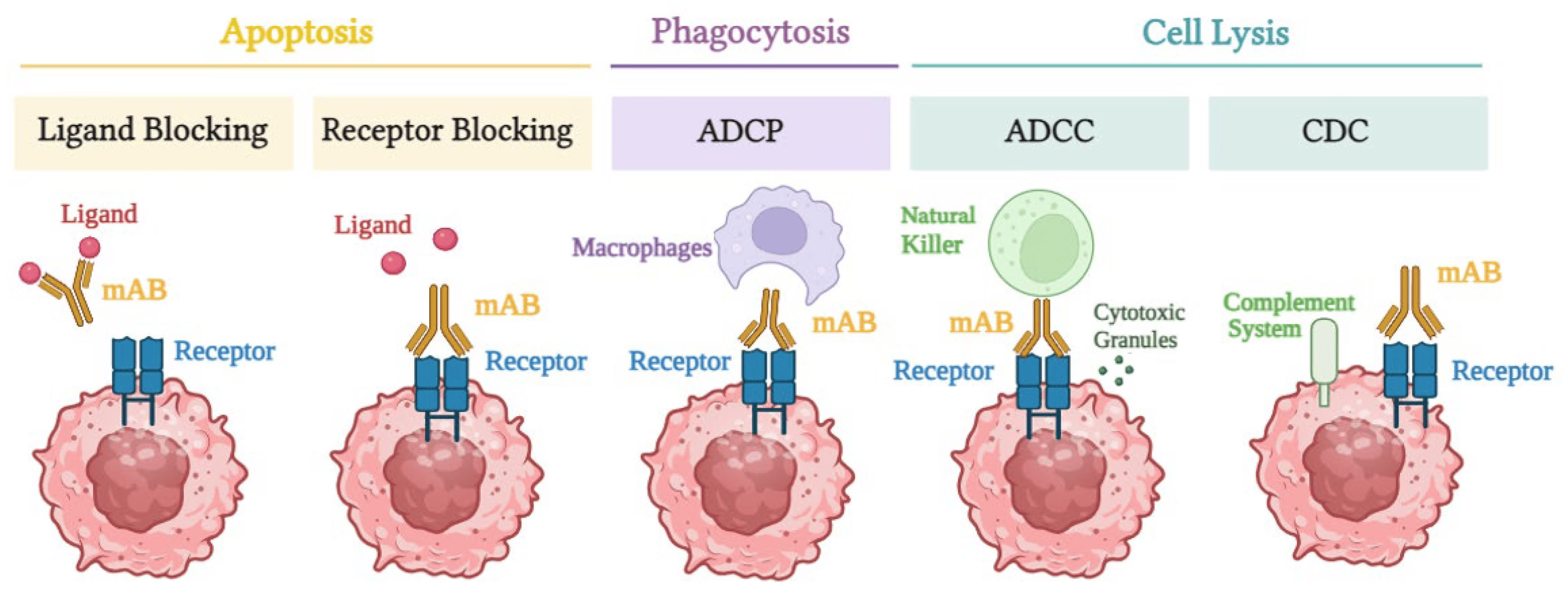Nine months following the launch of Leqembi, the first drug proven to slow the progression of Alzheimer’s in the US, Eisai and Biogen encounter unexpected hurdles in its widespread adoption due to prevailing skepticism among some medical professionals regarding the efficacy of treating the disease.
Alzheimer’s experts anticipated obstacles due to Leqembi’s stringent requirements, including additional diagnostic tests, bi-monthly infusions, and regular brain scans to monitor potential adverse effects. Interviews with 20 neurologists and geriatricians across various practice settings reveal concerns about the drug’s efficacy, cost, and associated risks have contributed to its slow uptake since FDA approval.
Therapeutic nihilism, characterized by a belief in the futility of treating Alzheimer’s, emerges as a significant factor suppressing demand from primary care physicians, geriatricians, and neurologists. Some medical professionals liken the skepticism toward Leqembi to fatalistic attitudes observed in cancer treatment three decades ago.
Despite the endorsement of a special committee and promising trial results, Leqembi’s adoption remains sluggish, with fewer than half of US neurologists recommending it to patients. Concerns persist about the drug’s modest clinical benefits, high costs, and risks of brain swelling and bleeding.
While Eisai’s chief administrative officer acknowledges the skepticism’s impact on the drug’s launch, he remains optimistic about its potential and emphasizes the need for time to understand its value fully.
Leqembi’s journey underscores the complexities of introducing new treatments in the medical landscape, particularly for diseases with limited therapeutic options like Alzheimer’s. As efforts continue to address hesitancy and expand access, patients like Lyn Castellano find hope in the treatment, despite uncertainties about its effectiveness.



